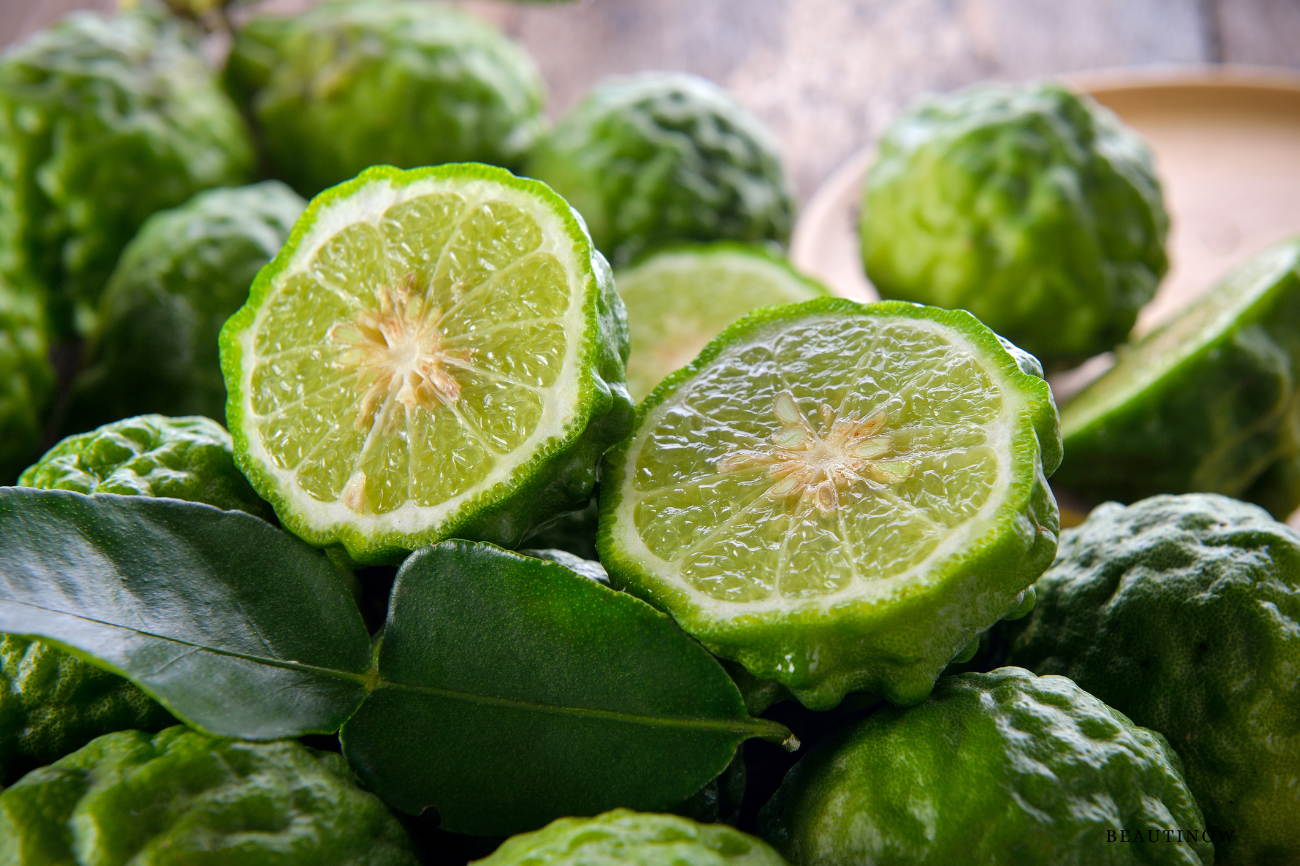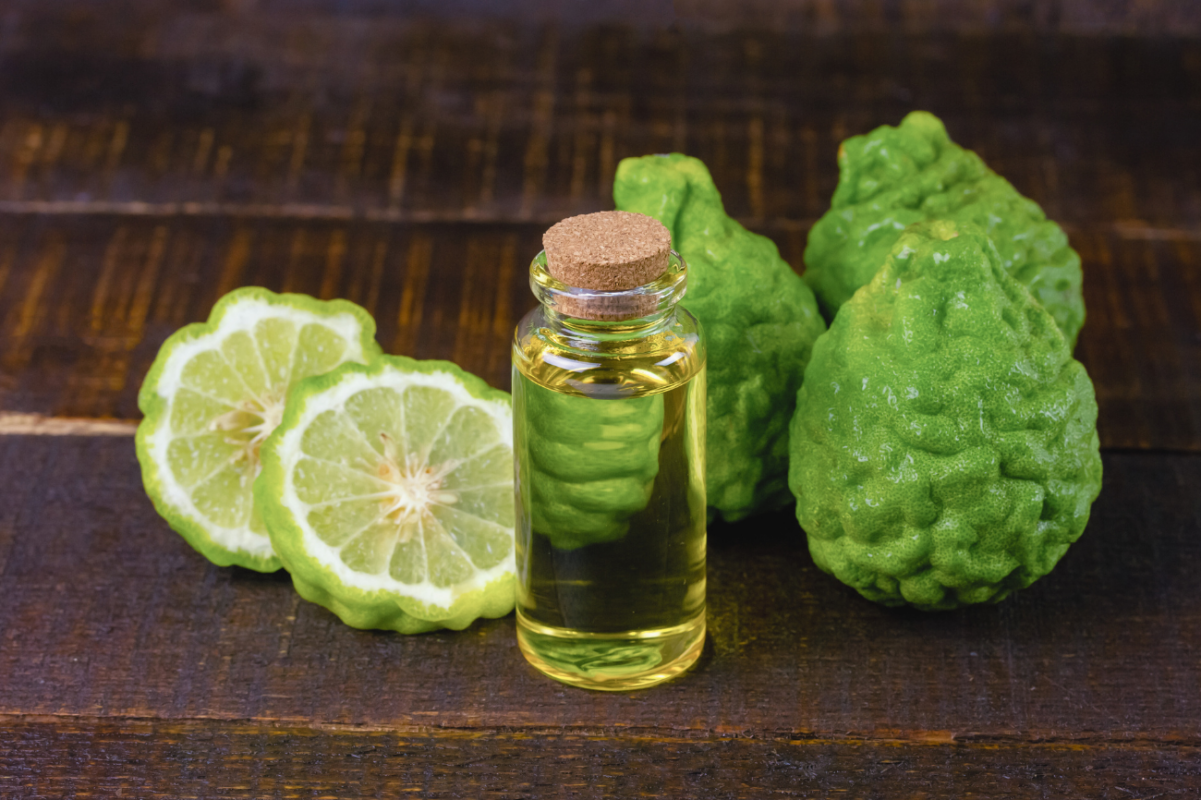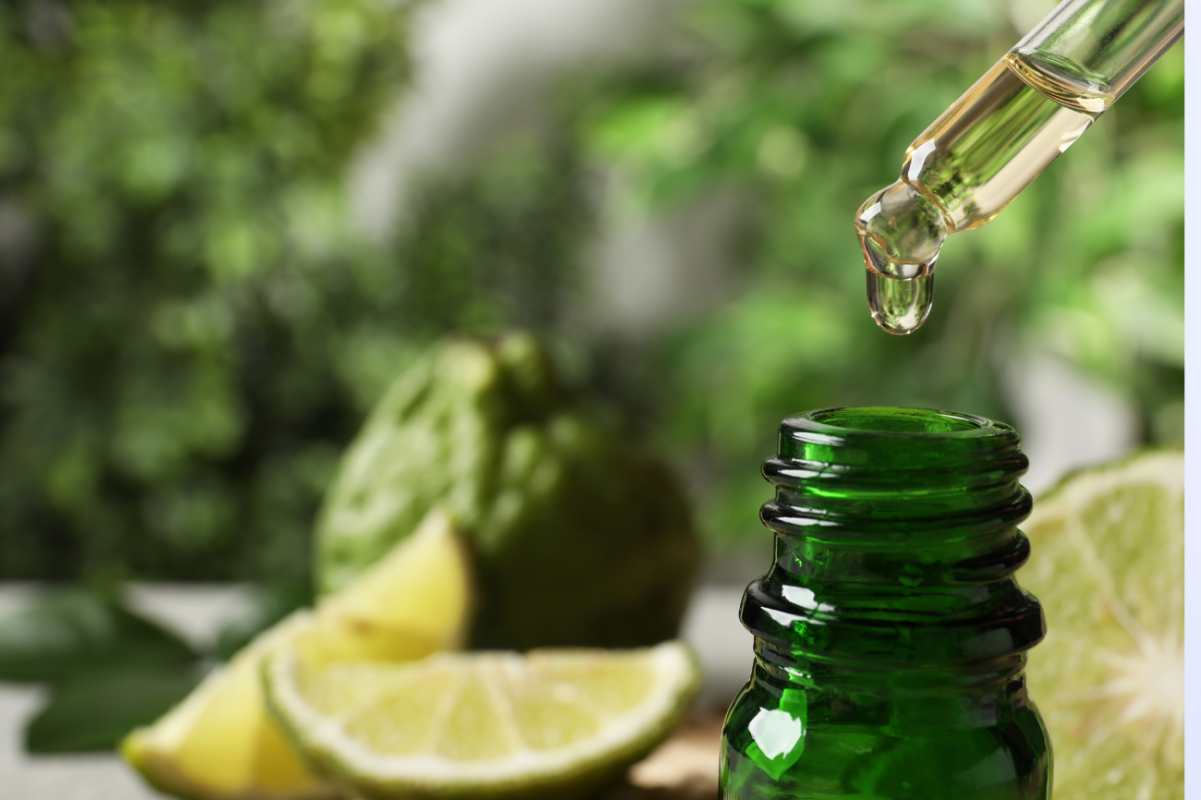What Does Bergamot Smell Like in Perfume?

First of All What is Bergamot?
Bergamot is an aromatic citrus fruit primarily cultivated in the southern Italian province of Reggio Calabria. It is a small, yellow-green citrus fruit primarily grown in the Calabria region of southern Italy. While it looks like a cross between an orange and a lime, it is far too bitter to eat. Instead, its essential oil is extracted from the peel and used in perfumes, cosmetics, and even food flavoring.
Its full name, bergamot orange (Citrus bergamia), reflects its hybrid nature—a cross between a lemon and a bitter orange. The fruit itself is small and round, resembling a lumpy pear with a green or yellow rind and a distinctive nub at one end.
While too bitter and acidic to be eaten fresh, bergamot is prized for its highly fragrant essential oil, which is extracted from the peel. This oil is a key ingredient in perfumery, cosmetics, and even food flavoring.
Bergamot is perhaps most famous for its role in Earl Grey tea. The black tea is infused with bergamot essential oil, giving it its signature aroma and taste.
Where Does Its Scent Come From?

Bergamot has a complex and multifaceted aroma that combines fresh, citrusy brightness with subtle floral and herbal undertones. The history of bergamot is closely linked to Italy’s rich culture and traditions. This citrus fruit rose to prominence in the coastal town of Reggio Calabria in Southern Italy, where it was first cultivated in the 17th century. The region’s fertile soil and ideal climate provided the perfect environment for bergamot to flourish.
As bergamot cultivation expanded across Reggio Calabria, it became a vital part of the local economy. Its aromatic peel was highly valued for use in perfumes, cosmetics, and traditional medicine. The locals took immense pride in their orchards, meticulously caring for the trees and harvesting the fruit at its peak ripeness.
Over time, Reggio Calabria’s bergamot gained widespread recognition. Its distinctive fragrance became a hallmark of the region, symbolizing Italian heritage and artisanal craftsmanship. Today, the town remains a leading center for bergamot production, drawing visitors from around the world eager to experience the essence of this extraordinary fruit.
How Bergamot Smells Like
Bergamot is a citrus note and one of the most popular in candles, perfumes and colognes, often described as zesty, refreshing, sparkling, and crisp. Citrus notes bring freshness and vibrancy to fragrances, evoking feelings of nature, spring, summer, juiciness, exuberance, and joy. Bergamot, in particular, has a distinctive aroma—citric and sharp yet refreshingly sweet and sunny, with lightly floral hints and subtle spicy, resinous undertones. It is also strongly associated with the fragrance of Earl Grey tea.
If you have a bag of Earl Grey tea at home, take a moment to inhale its scent; the deliciously citric and floral aroma comes from none other than bergamot. Compared to other citrus fruits like lemon, lime, orange, and grapefruit, bergamot stands out for its sophistication and complexity. Some describe its scent as a balance between lemon and orange, combining the tartness of lime with the sweetness of orange but in a more mellow and rounded way. Unlike other citruses, it is neither too sharp nor overly sweet, instead offering a uniquely dry and floral quality that smells fresh and clean without being ordinary. What you can expect from its scent:
- Citrusy and Zesty: Bergamot belongs to the citrus family and carries a vibrant, tangy aroma similar to oranges and lemons but with a softer, more refined edge.
- Slightly Spicy: Unlike other citrus fruits, bergamot has a faint spicy undertone, making it more intriguing and complex.
- Floral and Sweet: There’s a light floral sweetness that adds a touch of elegance and warmth, differentiating it from sharper citrus scents like lemon or lime.
- Green and Herbal: Bergamot also has a mild, green, and slightly woody aspect, reminiscent of fresh herbs and leaves.
The Science Behind Bergamot’s Aroma

Bergamot’s amazing scent is not just a coincidence—it’s a fascinating interplay of chemistry and nature. Let’s explore the scientific secrets that make this citrus fruit so uniquely fragrant.
The Chemical Composition of Bergamot
The enchanting aroma of bergamot comes from a complex blend of chemical compounds. The key contributors to its scent include limonene, linalyl acetate, and bergaptene, each playing a unique role in shaping its fragrance profile:
- Limonene, also found in oranges and lemons, provides a fresh, zesty note.
- Linalyl acetate adds delicate floral and sweet undertones, enhancing the fruit’s elegance.
- Bergaptene, a compound unique to bergamot, introduces warm, spicy nuances, giving the aroma its depth and complexity.
How We Perceive Bergamot’s Scent
When we inhale the fragrance of bergamot, scent molecules interact with olfactory receptors in our nose, sending signals to the brain. This process not only allows us to recognize the scent but also triggers an emotional response, often uplifting our mood and promoting a sense of well-being.
Interestingly, our olfactory receptors are directly linked to the limbic system, the part of the brain responsible for emotions and memories. This connection explains why certain scents, like bergamot, can evoke strong feelings and transport us back to cherished moments from the past.
Bergamot in Perfumery

Bergamot is a staple in both men’s and women’s fragrances, often used as a top note to provide an initial burst of freshness. It blends beautifully with a wide range of scent families:
- Woody & Spicy Perfumes: Bergamot balances the richness of woods and spices with its uplifting citrusy brightness.
- Floral Fragrances: It enhances delicate florals like jasmine and rose, adding freshness and sparkle.
- Aromatic & Herbal Scents: Bergamot complements notes like lavender, rosemary, and sage, making fragrances feel crisp and clean.
- Gourmand & Sweet Compositions: It adds a zesty contrast to warm vanilla, tonka bean, or creamy sandalwood.
Our Favorite Bergamot Perfumes
Many luxury perfume brands incorporate bergamot into their creations. Here are some of our top picks:
- Reflection Man by Amouage – A sophisticated fragrance with bergamot, neroli, and jasmine.
- Nio by Xerjoff – A fresh, green citrus fragrance with bergamot and spicy notes.
- Bigarade Concentrée by Frederic Malle – A refined and elegant fragrance built around bergamot and bitter orange.
- Moonlight in Heaven By Kilian – A tropical fragrance featuring bergamot, coconut, and mango.
- Diptyque Eau de Sens by Diptyque – A radiant composition with bergamot, orange blossom, and patchouli.
- Percival by Parfums de Marly – A fresh and aromatic scent with bergamot and lavender.
- Blessed Baraka by Initio Parfums – A sensual fragrance with bergamot, musk, and amber.
- Palermo by Byredo – A sparkling citrus perfume highlighting bergamot’s bright and fresh qualities.
Why We Love Bergamot
Bergamot’s versatility and refreshing character make it an essential ingredient in perfumery. It evokes a sense of sophistication, freshness, and lightness, making any fragrance more inviting. Whether you prefer citrusy colognes, floral perfumes, or deep, spicy compositions, bergamot plays a vital role in bringing balance and vibrancy to your favorite scents.
Next time you enjoy a perfume with a fresh, sparkling opening, take a moment to appreciate the magic of bergamot!
Resources

